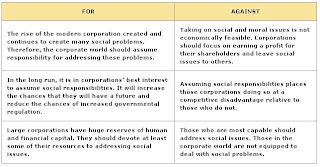Mercury treaty adopted in Geneva
Delegations from some 140 countries have agreed to adopt a ground-breaking treaty limiting the use of health-hazardous mercury.
The world's first legally binding treaty on mercury will aim to reduce global emission levels of the toxic heavy metal also known as quicksilver, which poses risks to human health and the environment. The new treaty aims to reduce the production and the use of mercury, especially in the production of products and in industrial processes.
Countries will be asked to sign the treaty next October in Minamata, Japan, in honour of the town's inhabitants who for decades have suffered the consequences of serious mercury contamination, the statement said. The adoption of the mercury treaty shows the vitality of international environmental politics and the will of states to together find solutions to world problems
Mercury
- is found in products ranging from electrical switches to thermometers to light-bulbs, to amalgam dental fillings and even facial creams
- large amounts of the heavy metal are released from small-scale gold mining, coal-burning power plants, metal smelters and cement production.
- Serious mercury poisoning affects the body's immune system and can lead to problems including psychological disorders, loss of teeth and problems with the digestive, cardiovascular and respiratory tracts.
- It also affects development of the brain and nervous system and poses the greatest risk to foetuses and infants.

Comments
Post a Comment